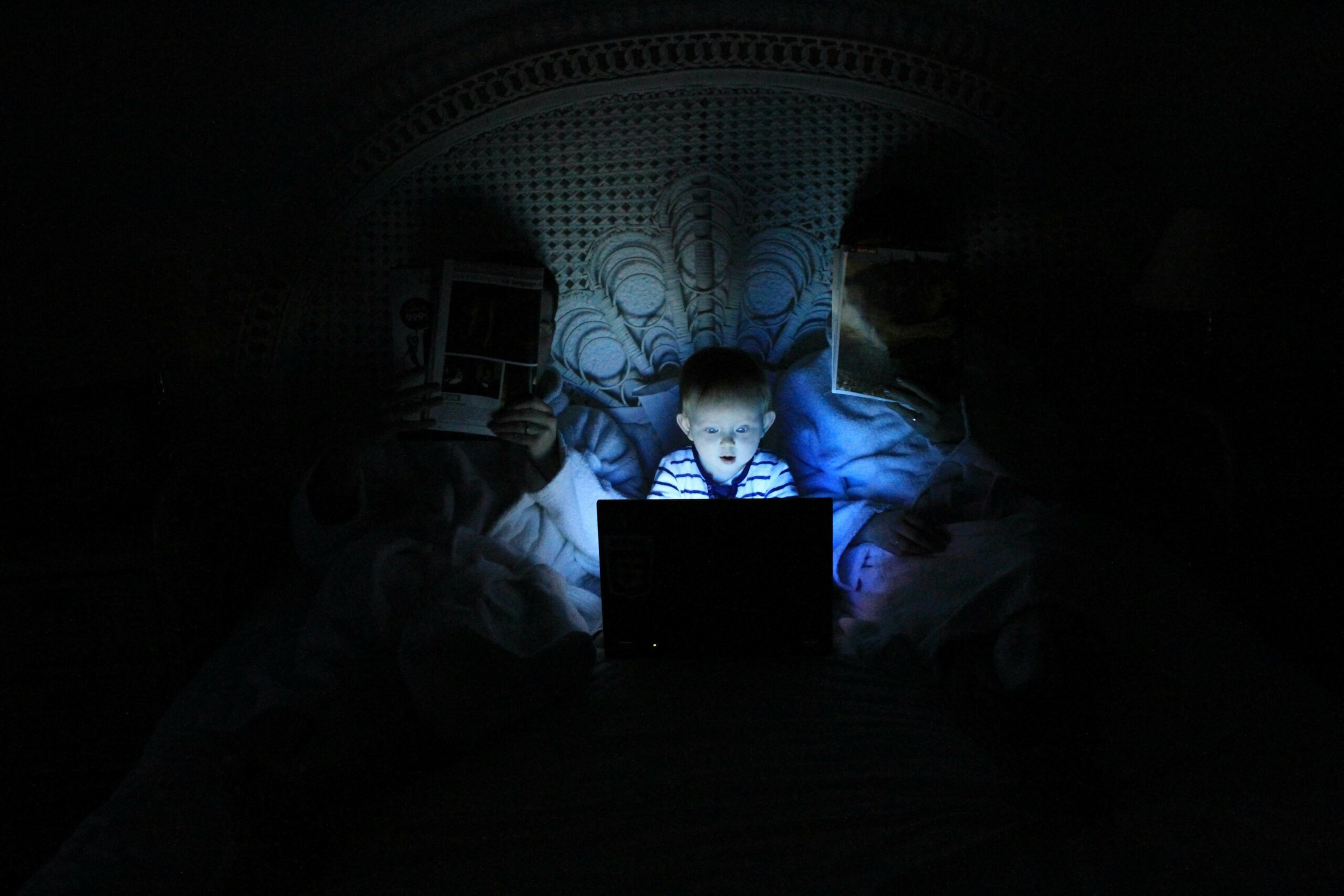Children's screen time has been increasing, and their earliest screen experiences are very important as they tend to form habits that can last a lifetime. Parents have control over young children's screen time, so it is easier to modify it at this age. It is important to limit screen time because it can have negative impacts on language acquisition, cognitive development, and socio-emotional health. Some trends in early childhood screen time include a link between screen time and sedentary behaviour, sleep, and decreased physical activity.
Why Is Excessive Screen Time Detrimental?
Research has shown that one in four school-aged children faces developmental delays or deficits, which may include language issues, communication difficulties, motor skill impairments, and emotional challenges. Excessive screen time is identified as a significant risk factor that can impede early developmental processes in children. These delays can greatly affect learning and act as obstacles to academic success.
Potential Benefits for Development
Parents and children can share experiences involving digital devices by singing along with songs on YouTube, playing games, or exploring apps together. Quality TV programming is also known to foster aspects of cognitive development, including prosocial attitudes and imaginative play. Additionally, interactive 'learn-to-read' apps and e-books can build early literacy by providing practice with letters, phonics, word recognition, and story comprehension. However, while screens may help with learning when quality content is co-viewed, pre-schoolers learn expressive language and vocabulary best from live, direct, and dynamic interactions with caring adults.
How Does Screen Time Affect a Child’s Overall Development?
Rapid physical, behavioural, emotional, and cognitive development occurs in young children, particularly those under the age of 3. Observing the activities of adults, especially their parents, is how children generally learn from their environment. However, excessive screen time can limit a child's exposure to the unique daily activities that develop their interests and understanding of the world. In other words, children who are overly exposed to screens have less time for playing, exercising, or interacting with friends and family in real life. This can have a significant impact on their overall growth and development.
Language Development
It is widely recognised that a child learns language primarily through interacting with adults during talking or playing. Such a reciprocal conversation with adults not only involves facial expressions and emotional input but also benefits the child's language development more than one-way involvement with screens. Studies suggest that children who spend excessive time on screens are likely to show lower levels of concentration and attention and perform less well in reading tasks.
Sleep Deficiency
It is important to note that excessive exposure to the blue light emitted by screens can lead to sleep deprivation by hindering the secretion of the sleep hormone, melatonin. This can adversely affect the cognitive development of a child. According to research, infants aged between 6 to 12 months can suffer from sleep disruption at night if exposed to screens for long periods of time, especially in the evening.
Emotional Impacts
Excessive screen time can affect a child's emotional behaviour in several ways. Children who rely too much on digital media may experience a decline in their imagination and motivation levels. As they become more addicted to screens, they may also become less interested in interacting with people around them, which can lead to feelings of frustration, anxiety, and impulsive behaviour.
Furthermore, too much screen time can impair a child's ability to read facial expressions and learn social skills, which can negatively impact their overall empathy level. Unlike reading a book where a child has enough time to process the meaning of words or images, continuous exposure to fast-moving videos or images on-screen can harm a child's concentration and attention span.
The Impact of Screen Time on Early Childhood Development
Avoiding screen time entirely is crucial for children under 18 months. Additionally, children who spend around two hours on screens tend to have lower cognitive abilities, including thinking, reasoning, and language processing. Furthermore, prolonged screen use, exceeding seven hours, can lead to thinning of the brain area responsible for critical thinking and reasoning.
How Can Adults Limit a Child’s Screen Time?
There are certain measures that parents can take to prevent their children from spending too much time in front of screens. If screen time is unavoidable, parents are advised to watch the on-screen shows along with their children and interact with them about the content of the shows.
By doing so, children can receive the benefits of face-to-face interactions while spending time on screens. It is also important to carefully select on-screen programs. Studies show that some high-quality educational programs, as well as interactive media, can be beneficial in terms of improving the academic skills of preschool children.
Parents should also set a balance between online and offline time. Exposure to screens should be prohibited while spending time with family, during mealtime, and at bedtime. Parents should restrict their own screen time to set an example for their children, as children tend to imitate the activities of nearby adults.


 71–75 Shelton Street, Covent Garden, London, WC2H 9JQ
71–75 Shelton Street, Covent Garden, London, WC2H 9JQ +44 (0) 20 3376 1032
+44 (0) 20 3376 1032



